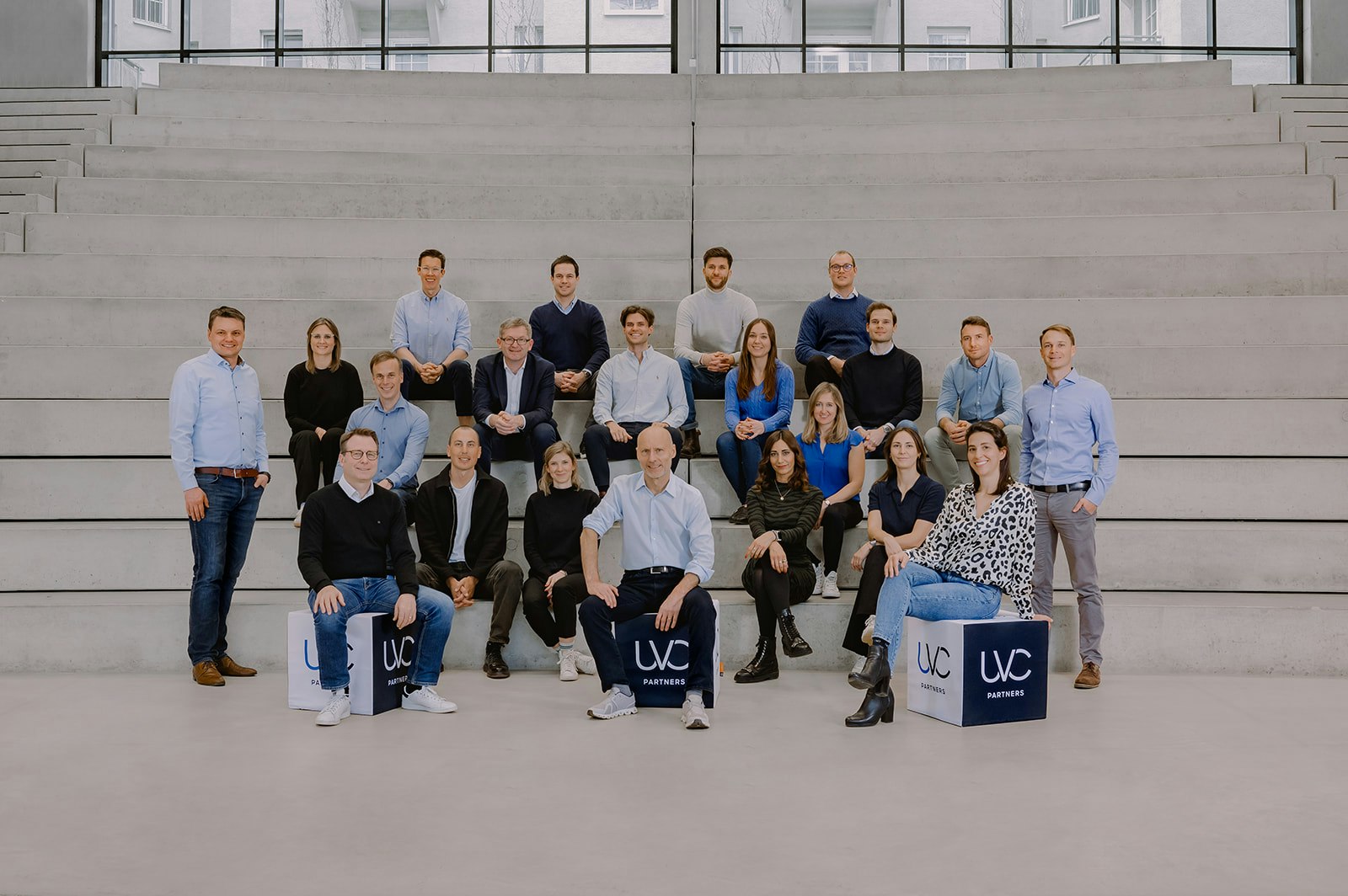The UK tech scene can sometimes feel like a London-centric bubble. The city picked up nearly two-thirds of the country’s total VC funding in 2023, according to Dealroom — and more than three quarters of the UK’s unicorns are based in the capital.
But outside of the bright lights of London there are thriving tech sectors all across the UK.
In 2023, startups from outside of the capital raised $7.7bn — more than any other country in Europe except for France and Germany.
There’s been some big raises, too. Birmingham-based autonomous driving startup Conigital raised one of the biggest European rounds of 2023 in September last year, picking up a £400m Series A.
Bristol’s energy provider Ovo Energy raised a £200m round in July 2023, Cambridge-based quantum computing startup Quantinuum picked up $300m in January this year and Edinburgh’s game developer Build A Rocket Boy Studio raised a $110m Series D the same month.
But which other non-London-based startups should you be keeping an eye on? To find out, Sifted asked VCs from Moonfire Ventures, Par Equity, Smedvig Ventures and Praetura Ventures. The only rule: they couldn’t nominate portfolio companies.
Jess Jackson, investment manager at Praetura Ventures
Praetura Ventures is an early-stage Manchester-based VC.

Vector Homes — Manchester
Vector Homes is developing sustainable designs for modular housing — a type of prefabricated home that consists of sections — using recycled materials. It partners with local authorities, housing associations and large-scale property developers to remove the complexity from the process of social housing provision. It also aims to deploy sustainable, affordable social housing at scale.
Versori — Manchester
Versori is an integration platform-as-a-service (IPaaS) business looking to make data integration more accessible for businesses. The Versori platform provides no-code automation for large businesses that allows companies to integrate applications and workflows from different sources quickly and at scale. The startup was part of Y Combinator’s winter 2023 cohort.
Ocula — Belfast
Ocula helps e-commerce suppliers optimise product pages and increase customer conversion. Founded in 2021, the SaaS platform provides actionable insights into e-commerce websites, including wording and imagery recommendations, while benchmarking performance against competitors. The company works with some impressive household names, including Boots, Asda and AO.
Financielle — Manchester
Financielle is a female-focused finance platform that aims to create positive money habits by providing users access to resources to help them manage their finances, budgeting tools and a chat function with others.
Street Group — Manchester
Street Group is a proptech company with a suite of software solutions for estate agents, including sales management, marketing, property data and insights platforms.
Akshat Goenka, partner at Moonfire Ventures
Moonfire Ventures is a London-based early-stage VC.

Condense — Bristol
Condense is building the live events platform for virtual audiences — using spatial computing to put performers and contributors into metaverses. With spatial computing (where a user interacts with tech in a 3D environment, like virtual and augmented reality) expected to grow rapidly following new hardware innovations — like Apple’s Vision Pro — immersive virtual events represent a new channel for fan engagement and enhanced access.
Malted AI — Edinburgh
General large language models (LLMs) are not fit for purpose for highly specialised, real-world scenarios. This is because they do not have relevant domain knowledge or end up costing more for inference, which is the process the AI uses to draw conclusions from new data. Malted’s “distillation” approach utilises domain and workflow-specific synthetic data to train specialised LLMs, reducing cost, increasing performance and reducing latency.
Elizabeth Young, investment manager at Par Equity
Par Equity is an Edinburgh-based, Series A-focused VC.

Adsilico — Leeds
Adsilico is a digital health startup that combines generative AI (GenAI) and computer modelling with healthcare to create virtual twins for use in trials and research. By building out synthetic, virtual patient populations to run in silico clinical trials, the company is reducing the use of animals in developing new medicines.
Neurovalens — Belfast
Neurovalens is a healthtech that created a wearable headset that uses electricity to stimulate areas of the brain and nervous system to help treat conditions such as anxiety and sleep disorders. The startup has recently received FDA approval for both and is moving into large-scale trials.
Sitehop — Sheffield
Sitehop is a cybersecurity startup delivering hardware-backed cybersecurity solutions tailored for businesses seeking top-tier security measures beyond what traditional software-based solutions can offer.
Joe Knowles, partner at Smedvig Ventures
Smedvig is a London-based VC, focusing on Series A and B startups.

Continuum — Edinburgh
The tools used for planning energy and utility infrastructure have been unchanged for a long time with a lot of legacy systems in place. Continuum’s AI-powered platform looks to increase the speed and accuracy of the planning phase of infrastructure projects, resulting in faster development of key energy and utility projects as well as ultimately reducing the cost of development.
Obrizum — Cambridge
Corporates spend huge amounts on often dull learning and development (L&D) content, with poor user engagement and learning outcomes. Obrizum is an AI L&D tool that allows corporates to create content for their employees that aims to improve employee learning and development outcomes.
Culture AI — Manchester
Culture AI is a security platform for employee risk management, using analytics to monitor a wide range of user behaviours to identify risks, tailor training and offer real-time interventions.
Malted AI — Edinburgh
Malted’s AI platform helps businesses build AI products using LLMs trained on proprietary data in a secure environment. We believe this approach is the way to generate tangible business value from AI for enterprise applications, rather than generic LLMs which have a huge expectation.
Rubicon Bridge — Hull
Rubicon Bridge is a regtech platform for food and supplements businesses, which are governed by extensive regulations that vary across markets. Rubicon’s platform automates the time-consuming compliance process of launching new products or into new markets and ensuring products are up to date with ever-changing regulation.


